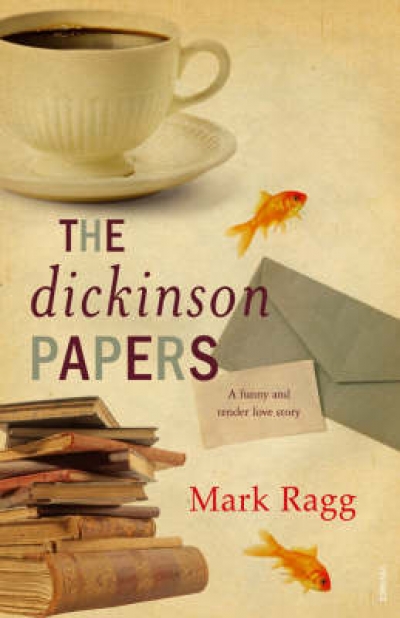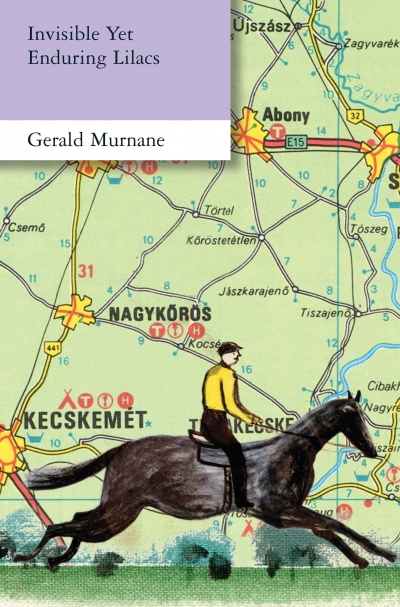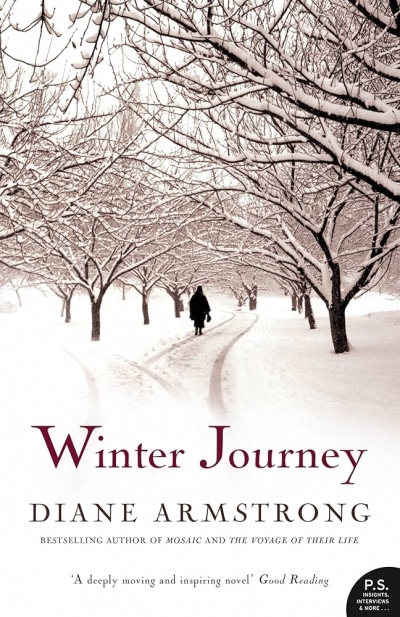Michelle Griffin
To celebrate the best books of 2005 Australian Book Review invited contributors to nominate their favourite titles. Contributors include Morag Fraser, Peter Porter, Kerryn Goldsworthy, Nicholas Jose and Chris Wallace-Crabbe.
... (read more)Invisible Yet Enduring Lilacs by Gerald Murnane & Literati by James Phelan
by Michelle Griffin •
Road Story by Julienne van Loon & Everyman’s Rules for Scientific Living by Carrie Tiffany
by Michelle Griffin •
Who’s who
Dear Editor,
Henry Ergas’s disingenuous response (ABR, November 2004) to my review (ABR, October 2004) of Peter Saunders’s Australia’s Welfare Habit and How to Kick It deserves a reply. Ergas poses as a dissatisfied ‘customer-reader’ of ABR. From this position, he expresses outrage at my review of Saunders’s book. Come off it, Henry!
... (read more)







